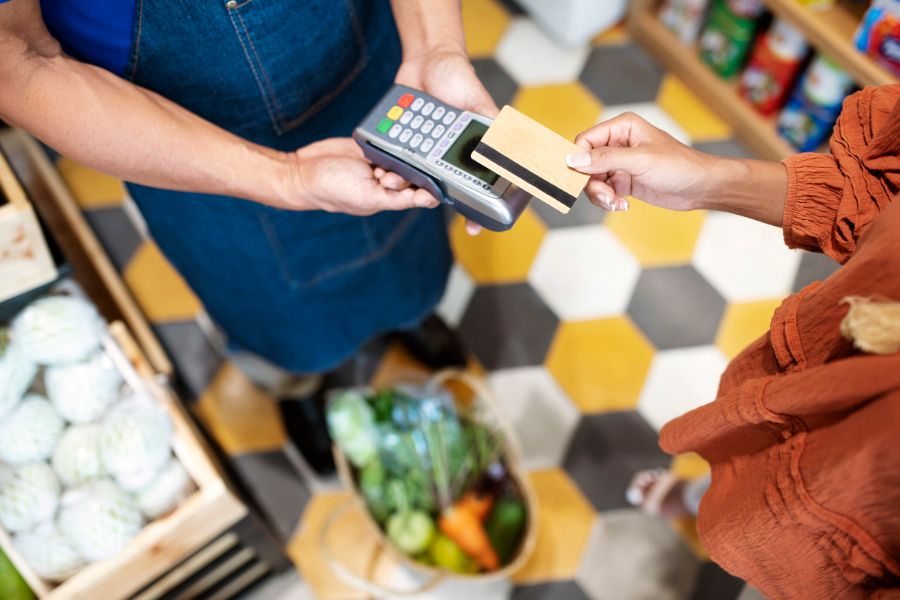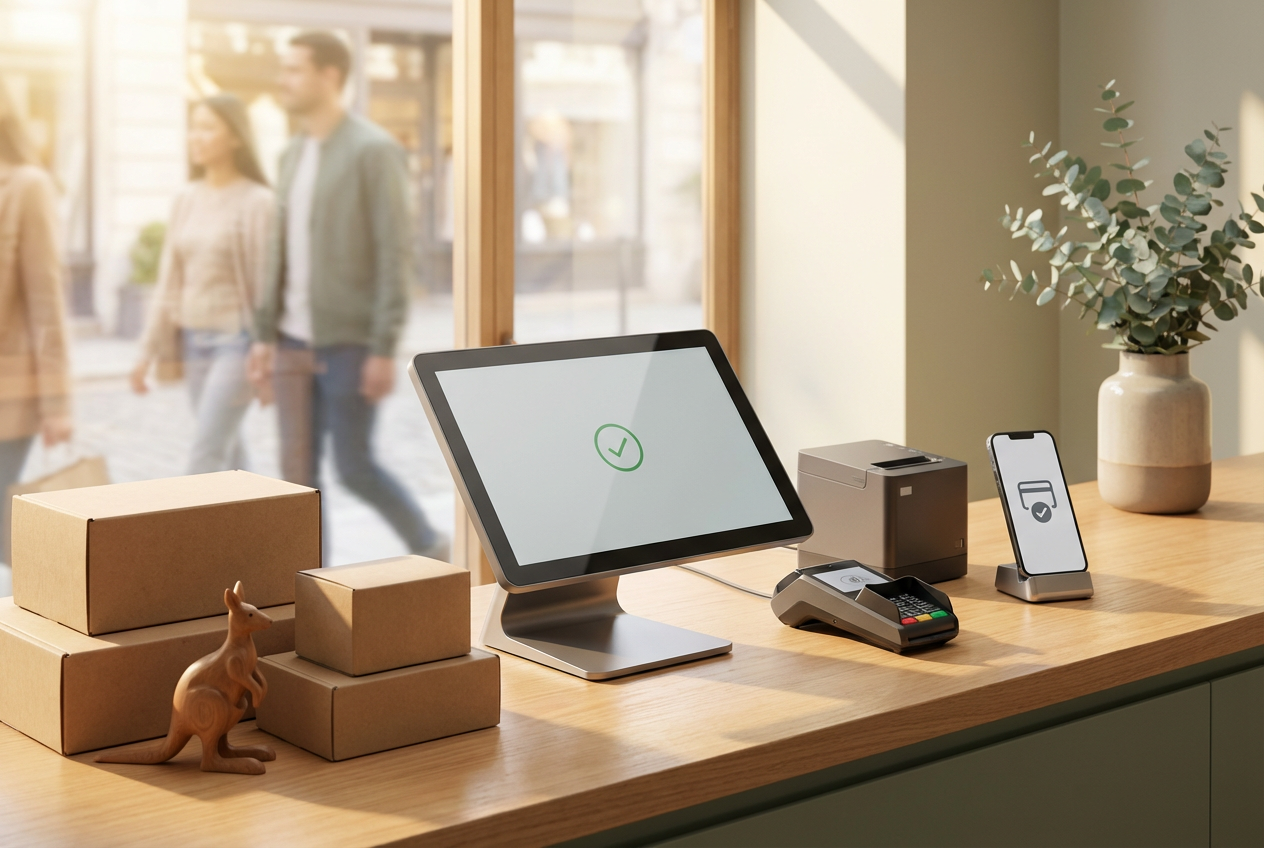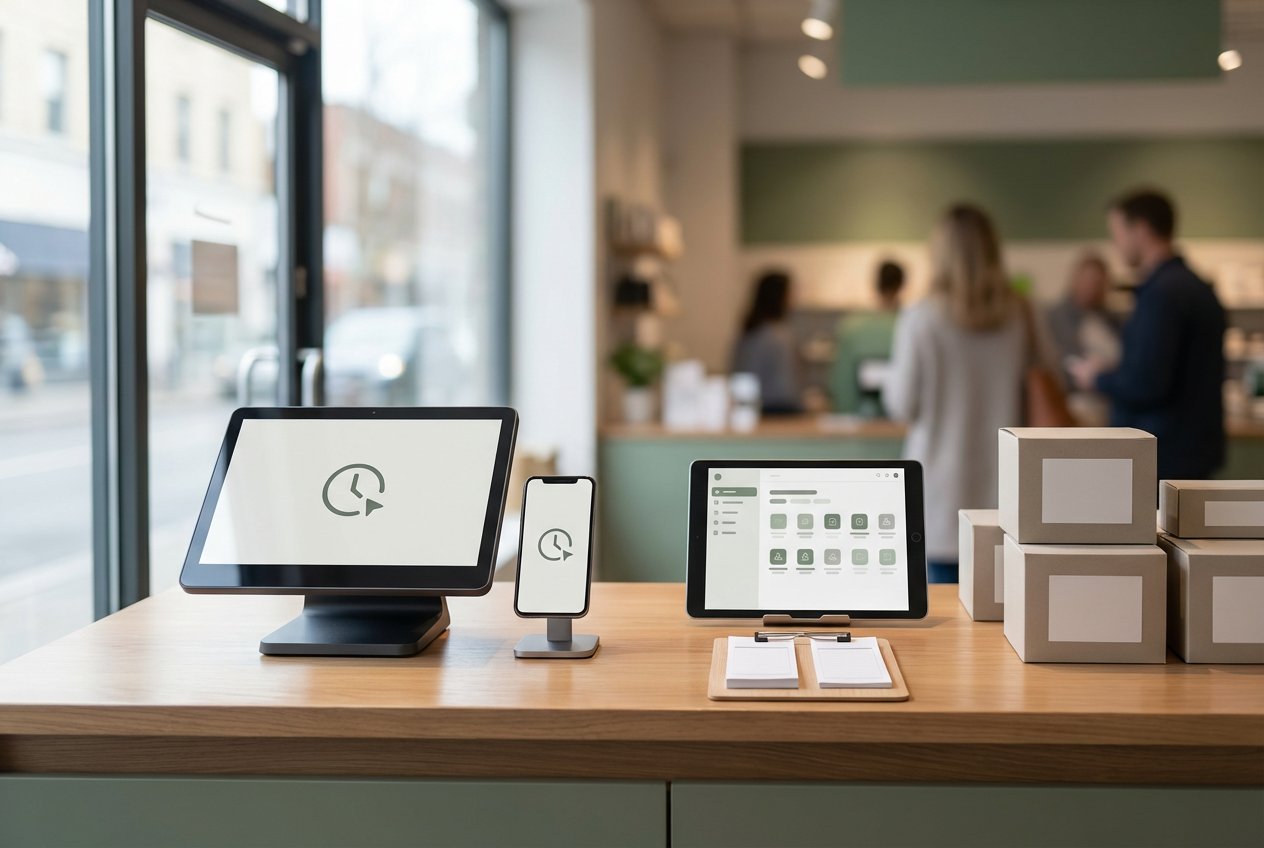If you’ve been looking at different POS systems, you’ve probably come across phrases like merchant services and POS systems. Although they seem like quite similar business systems, they are not completely the same. In this blog, we will clarify the differences between a merchant service and a POS system to deepen your understanding of them.
What is a merchant service?
Merchant services is a wide term that refers to a variety of financial services for businesses, most notably the services that allow a company to handle payments (also known as merchant processing).
A merchant service was traditionally understood as “accepting credit card payments”. The term has now been expanded to include all of the tools, business, and payment processing systems that your company utilizes.
What is a POS system?
Meanwhile, POS (or point of sale) refers to the location where a consumer made a transaction, such as a cash register. Most contemporary point-of-sale systems can do more than simply ring up purchases and handle returns; they can also keep track of your inventory, provide insights into your company’s performance, and even assist you in launching and running an omnichannel shopping experience.
From these 2 definitions, a merchant service is a broader term than a POS system. You can understand POS as a type of merchant service. Why is this the case?
What can be considered a merchant service?
For the merchant service, you’ll need the following items to take credit card payments in-store and online:
- Credit card processing terminal: Accept and process credit cards
- Payment processor: Enable the terminals to work
- Merchant account: Your bank account to process transactions
- Payment gateway: Collect payments for your eCom store (because you can’t enter a credit card into a physical terminal when buying online).
- POS system: Accept card transactions and can track sales, provide detailed reports, and much more.
Now that you know POS can be considered a type of merchant service, you might be wondering what exactly a POS system can do. Is it similar to other merchant services?

What can POS do?
Nowadays, businesses often prefer a cloud-based point of sale system, due to its affordable price and ease of use. In this way, you can save data on a distant server (known as “the cloud”). Users can easily access and control the back office of their POS system via the Internet.
Some of the most basic and frequently-used features of POS are:
- Inventory management
- Employee management
- Report and analytics
- Third-party integrations (i.e. reward points system)
Some POS also include payment processing, which is called integrated payment. When a consumer enters their card, the amount they’re paying is automatically entered in your POS, thanks to the compatibility between your payment processor and POS. Later on, you may utilize this information to analyze your sales data. Without a cloud-based POS, you might have to manually enter the data into your system.
►►► Optimal solution set for businesses: Multi store POS, Next-gen POS, Inventory Management Software (MSI), Self Service, Automation, Backorders
Wrapping up
A merchant service and a POS system are 2 different terms, however, they have joint functions in payment processing. It is important to point out that POS can become an all-in-one solution for businesses, which can be integrated with other merchant services.
Being a leading cloud-based POS provider, ConnectPOS takes pride in various tools for merchants, such as the different types of payments and omnichannel features. Don’t hesitate to contact us if you have any questions.
►►► Optimal solution set for businesses: Shopify POS, Magento POS, BigCommerce POS, WooCommerce POS, NetSuite POS, E-Commerce POS



